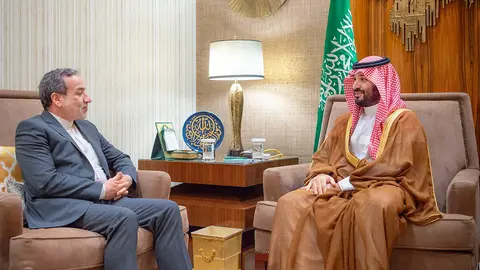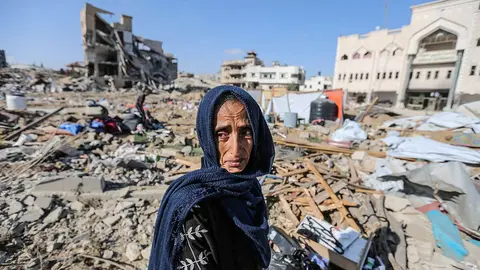Israel sets targets inside Iran as regime threatens more offensives
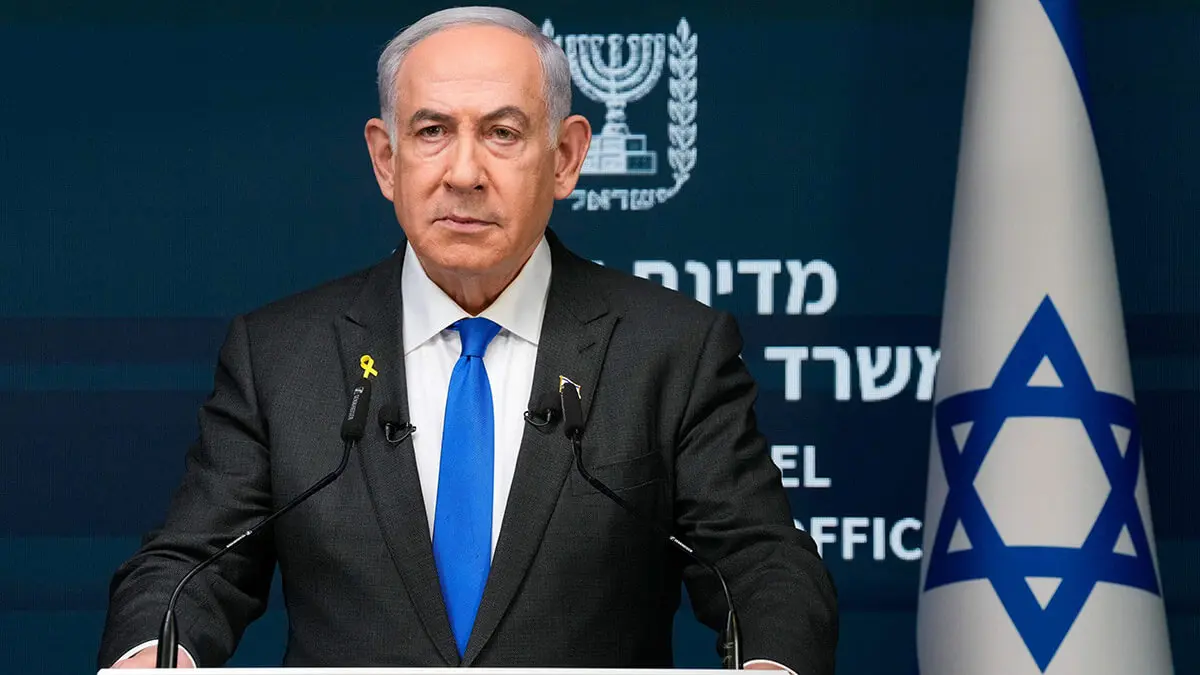
Israel has already decided on the targets it plans to attack in the Islamic Republic of Iran in response to the attack with almost 200 ballistic missiles on 1 October. A source confirmed this to the Israeli radio station KAN, assuring that ‘the targets are clear’, so now ‘it's just a matter of time’.
Meanwhile, according to Channel 12, the army presented a list of targets to Prime Minister Benjamin Netanyahu and Defence Minister Yoav Gallant as preparations for the attack were being finalised, including ‘sensitive coordination’ with other countries in the region.
The Israeli government vowed to respond to the massive Iranian attack in October, the second direct attack since April, when Tehran decided to launch more than 300 projectiles - drones, cruise missiles and ballistic missiles - against the Jewish state in an unprecedented offensive.
It was initially suggested that Israel could attack oil and even nuclear infrastructure inside Iran. However, according to The Washington Post, the Israeli government has decided not to attack these sites and to focus instead on military targets.
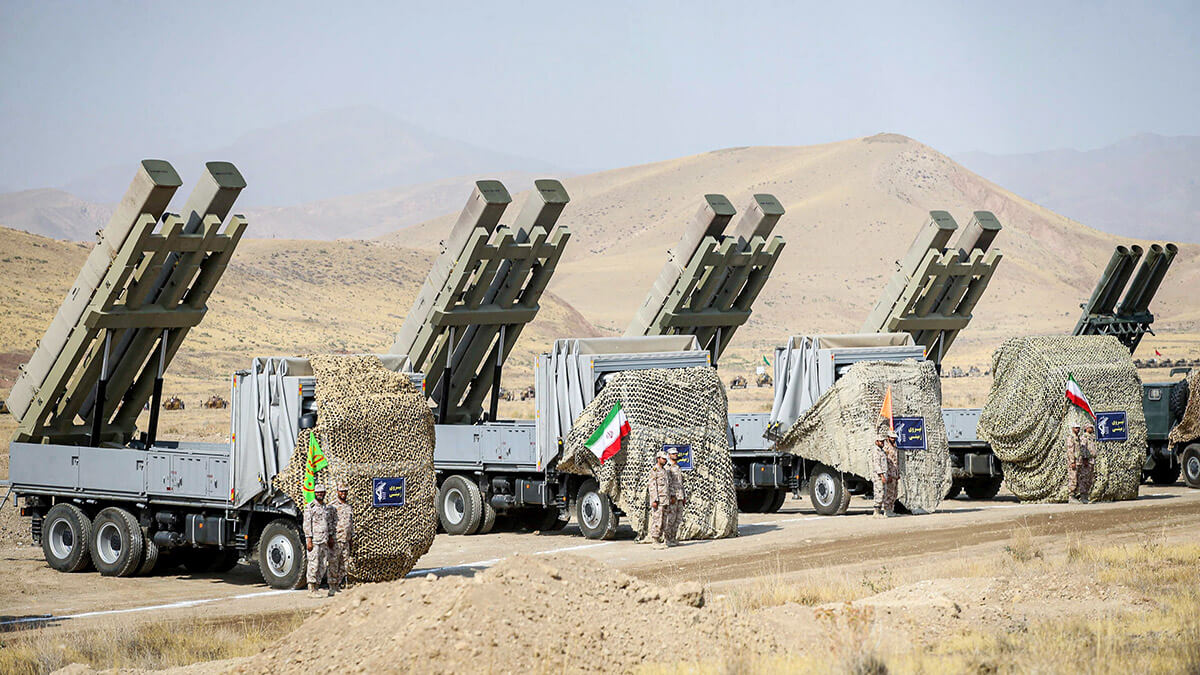
This decision reduces the likelihood of Israeli retaliation triggering open warfare between the two enemies. It also benefits the United States, which fears being drawn into a full-scale conflict in the Middle East shortly before the presidential elections.
As Tehran and the wider region await Israel's counter-attack, the commander of the Iranian Revolutionary Guard has warned that if Jerusalem ‘commits any aggression against any target’, the ayatollahs' regime will respond by ‘painfully attacking the same target' in Israel.
The deputy commander-in-chief of the Quds Forces, General Ali Fadavi, has maintained this threatening rhetoric, asserting that Iran could ‘eliminate all Zionists’ if it chose to do so.
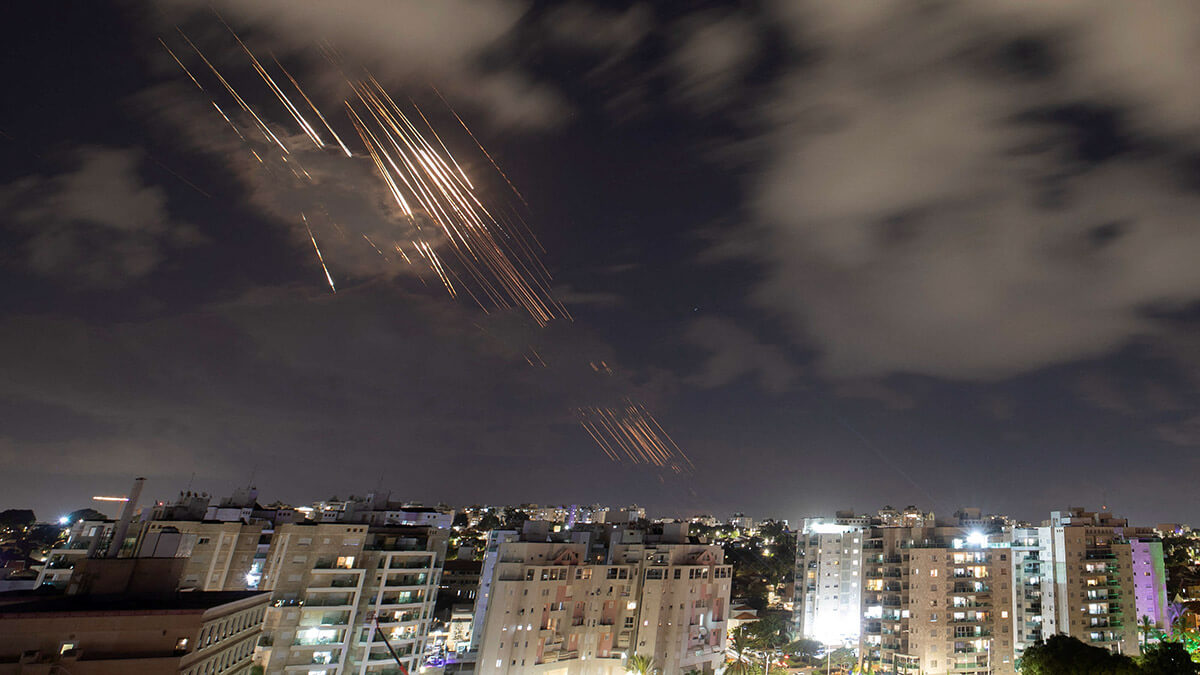
One of the goals of the Islamic Republic of Iran is the destruction of Israel. To this end, it has created, trained and funded armed groups throughout the Middle East whose sole purpose is to launch attacks against the Jewish state.
With Hamas weakened after a more than year-long war against Israel in Gaza and Hezbollah suffering constant defeats in Lebanon, Tehran is now relying on its militias in Iraq, responsible for approximately 40 missile, drone or rocket attacks against Israel in the last two and a half weeks, according to The Washington Institute.
As analysts explain, these attacks fall into two categories, those targeting US and coalition bases in Iraq and Syria, and claimed attacks against Israel, which have been almost the only Iraqi attacks reported since February 2024.

